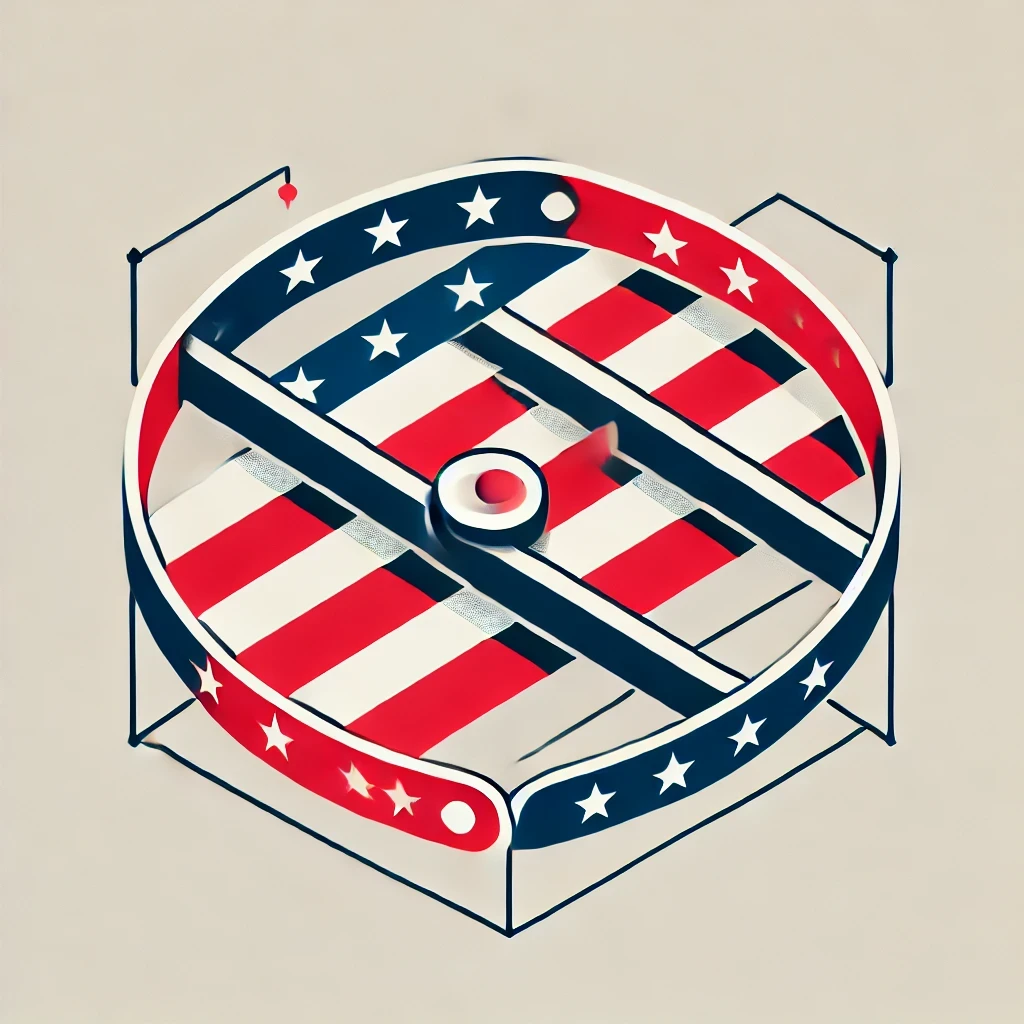The American Trap
Frédéric Pierucci with Matthieu Aron
I was in Lisbon for a conference at the University when an experienced Compliance Officer that I met at the event recommended this book which is a cautionary tale for the political uses of anti corruption initiatives and misappropriation of Compliance efforts.
In a nutshell, the books is a personal report of Mr. Pierucci, French business professional and senior executive at Alston, who had been in prison for almost 2 years due to certain corruption practices in Singapore.
The main controversial aspect of the book: He had one of the hardest responses from the US DoJ in terms of detention while General Motors was negotiating an aggressive acquisition of the power unit of Alstom. Allegedly, the anti corruption investigation was indeed a plot to trap Alstom's CEO to sell off the power unit to GE.
According to the DoJ, Alstom's scheme was to pay "consultants”to ensure they would win contracts with governments around the world. As per Mr. Pierucci, the general counsel and the CEO of Alstom at the time knew and approved the practice.
Important element of the book: the professional risks of senior executives and how their corporation normally reacts to that, leaving alone these employees while the companies try to defend themselves.
Mr. Pierucci reports this feeling of working for a multinational group for more than 20 years and while many of his reporting line managers were involved in the case and he hadn't approved alone no contract, he was the single person to be put in a maximum security prison and his company did not support him nor his family.
My quote for the book is:
“Finally, I never cease to wonder about the role and responsibilities of Alstom's auditors in this fiasco. How could they have possibly overlooked $75 million in bribes?”
That leads me to believe no pervasive corruption scheme is conducted without support from structural roles of any company, meaning that CEO, General Counsel and Auditors knew and approved all these practices, unfortunately, as usual, the weaker link in the chain paid a huge personal price: destroying his career, going to prison and causing pain to his family.
The author conclusion is that FCPA and DoJ are instruments to conduct a more insidious warfare using the law against the enemy or adversary to delegitimize them and causing maximum damage forcing them to comply using coercion.
The above hard statement, as per Mr. Pierucci, can be confirmed by the fact GE acquired Alstom's power unit in an aggressive take over putting the CEO under pressure to close the deal or go to jail. The author mentions several "coincidences” in terms of timing and strategic movements during the investigation process which makes the reader connect dots and truly believe that “in business, coincidence is rare”.
As a compliance officer, I see in this book an example of how corporate greed leads executives to agree with certain things hoping they are not illegal, because the general counsel said is not illegal, or even because is convenient to their career and then after all being involved in much bigger problems that transpose their scope of responsibility. As a matter of cautious, I would say being a “enabler” require the ability to avoid grey zones in which one can be in the same "trap” Mr. Pierucci had been.
Conclusion
As a compliance officer, I see in this book an example of how corporate greed leads executives to agree with certain things hoping they are not illegal, because the general counsel said is not illegal, or even because is convenient to their career and then after all being involved in much bigger problems that transpose their scope of responsibility. As a matter of cautious, I would say being a “enabler” require the ability to avoid grey zones in which one can be in the same "trap” Mr. Pierucci had been.

João Pedro Paro
Global Director of Governance, Risk & Compliance | PhD Candidate | Internationally Qualified Attorney



